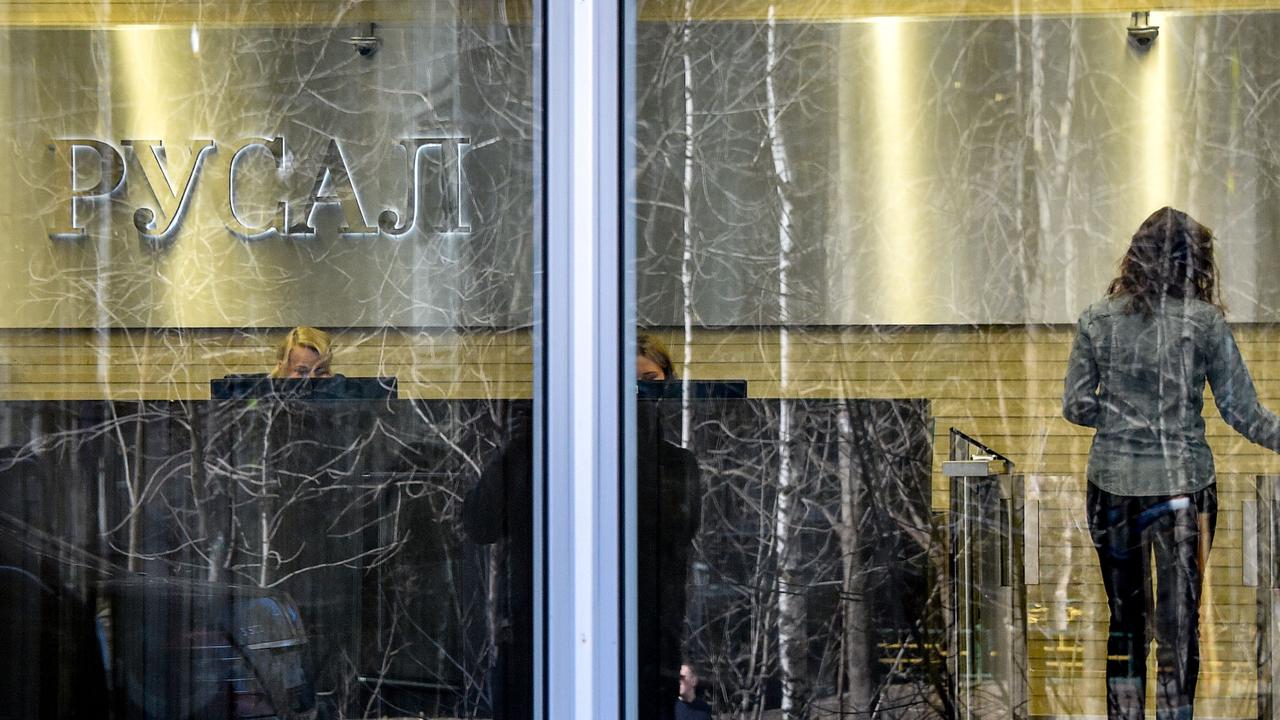Shock resignation a sign of how much trouble Big W is in
Sally Macdonald’s sudden exit points to the depth of the problems at Big W and will prompt fresh calls for a sale.

That, of course, would not be good news for Woolworths’ shareholders and will reignite calls for Woolworths, now in the final stages of extracting itself from its disastrous home improvement experiment and also in the process of selling its petrol retailing business, to sell or shut down Big W too.
Macdonald, the highly-regarded former CEO of Oroton, was only appointed to head Big W in January this year. She has presided over a whirlwind of restructuring, with the associated heavy writedowns and restructuring costs.
Yet, having presumably taken up the role with an understanding that Big W’s challenges were deep and would take some time to address, if they can be addressed, she’s now departed.
Woolworths chief executive Brad Banducci, who is himself immersed in a three-to-five-year program to re-position his core supermarkets business, which is showing some early but tentative signs of progress, announced Macdonald’s departure this morning.
While she had made “material progress” in restructuring the business, and despite changes that he described as positive, it was apparent, he said, that the transformation of Big W would take three to five years to complete.
“Unfortunately this time horizon is inconsistent with Sally’s expectation when she joined Big W.”
It is almost inconceivable that anyone walking into the Big W job would have thought the business could be turned around overnight. It has been declining for years within a context of traumatic structural change and stress across the discount department store sector.
In the absence of any other explanation than the one provided, the signal provided by Macdonald’s abrupt departure after only 10 months is that the issues within Big W are even more intractable and the progress far slower than she ever envisaged. That’s not a message the market would like.
Five years ago, Big W generated $200 million of earnings before interest and tax on $4.2 billion of sales.
Last financial year it incurred a loss of $14.9m (before writedowns and restructuring costs of $460m, much of them related to the EziBuy online division that Woolworths is trying to offload) on sales of $3.8bn.
Reversing the destructive trends against the backdrop of what’s occurred within the sector — Wesfarmers’ Target has experienced something similar, only worse — was never going to be easy or quick.
It was always going to be a multi-year experiment in a sector that has been severely disrupted by Target’s sibling, Kmart and which is particularly vulnerable to online competitors.
Wesfarmers, having given Kmart’s re-inventor Guy Russo charge of both its discount department store brands, has made no secret of its belief that it will take him several years to turn the brand around — if he can turn it around.
There is a very large question mark over the domestic market’s ability to support and generate reasonable returns for all three of the major discount department store operators.
Macdonald had made what appeared to be a good start at Big W.
She overhauled her leadership, buying and design teams, established a head office and support functions that were independent of the business’ parent, started slashing the range of products Big W stocked, began moving to direct sourcing and design and overhauled the business’ cost structures and supply chain.
That work-in-progress will now be overseen by David Walker in an acting role. Walker was appointed CEO of the home improvement business in February as Woolworths began its exit from its ill-fated and horrendously costly joint venture with Lowe’s of the US, with Woolworths saying that Macdonald would support him during the transition.
Macdonald’s exit will provide ammunition for those who would like to see Banducci offload all of Woolworths’ assets and operations other than its core food and liquor businesses.
Woolworths’ previous stance on Big W is that it would prefer to improve its performance to create more attractive options for dealing with it — retaining it or offloading it — in the future.
If the business were determined to be unsalvageable within a reasonable time frame — and three to five years would appear reasonable for such a difficult turnaround challenge — the relatively new Woolworths board and senior management has shown it is willing to take tough decisions.






Unless there’s more to the reasons behind Sally Macdonald’s shock resignation as chief executive of Woolworths’ deeply troubled Big W discount department store business than the official explanation, the obvious conclusion is that the depth of the problems in the group surprised and ultimately overwhelmed her.